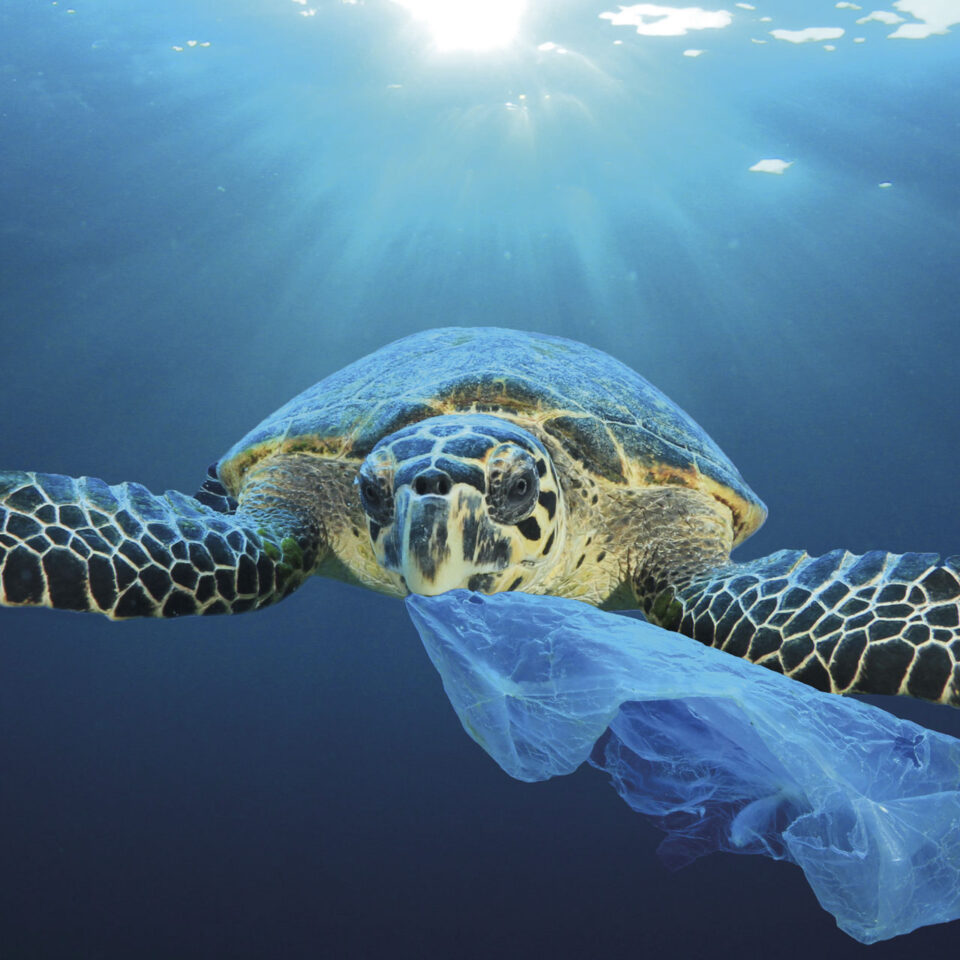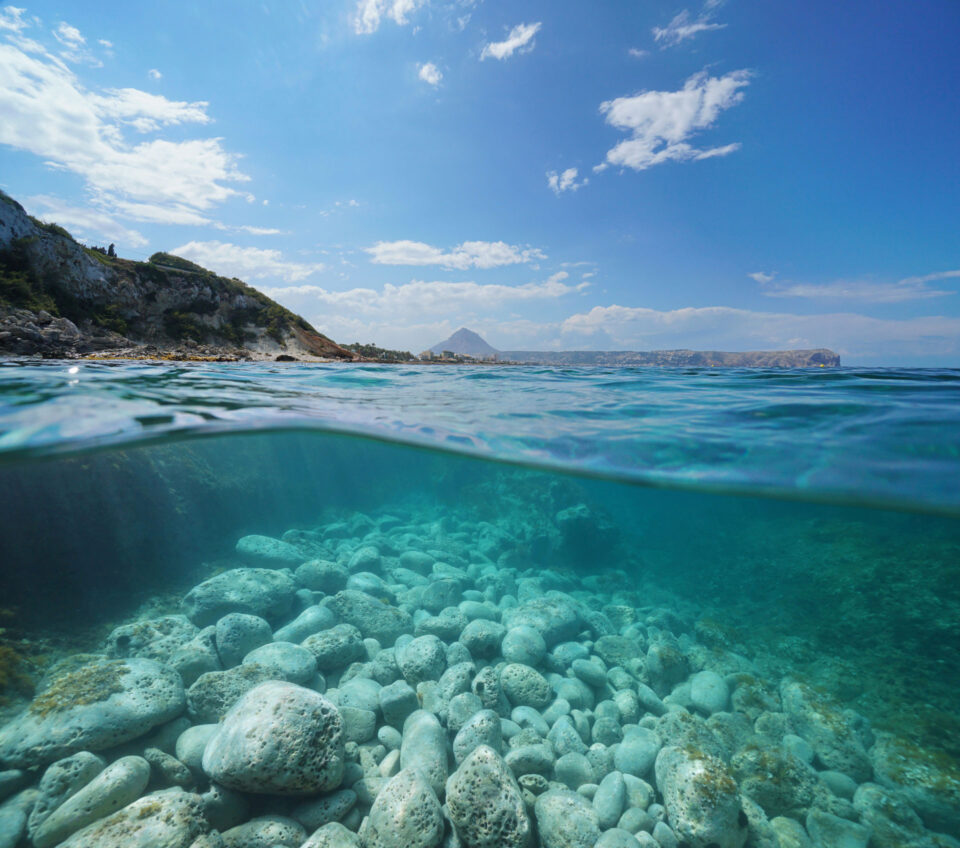The one that goes along Oliva Nova is one of the most unspoilt beaches in the Valencian coastline. One of the few beaches that has not been altered by mankind. A wild landscape that escaped the building boom along the beach front. The natural dunes help to preserve the native flora and fauna of the coastline that shares the border with Alicante and Valencia. Without a doubt, it is a good example of how to maintain the beaches, and the sea, especially in these times of special sensitivity towards the environmental health of our oceans and world in general.

Going deeper into the mass consciousness, Oliva Nova wants to share and recall some guidelines to safeguard our coasts from the pollution produced by humans. In certain parts on planet Earth, seas are big landfills.
Last year, the renowned journal Science published research that showed that eight million tonnes of plastic were poured into the sea in 2010 and the waste mass was estimated to grow every year: more than 9 tonnes would be thrown away in 2015 and more than 150 tonnes would be accumulated in 2025. According to the official website of A European Spring Clean!, the main reasons are “our society’s unsustainable production and consumption patterns, poor waste management strategies and a lack of awareness of citizens”. All the figures are certainly worrying.
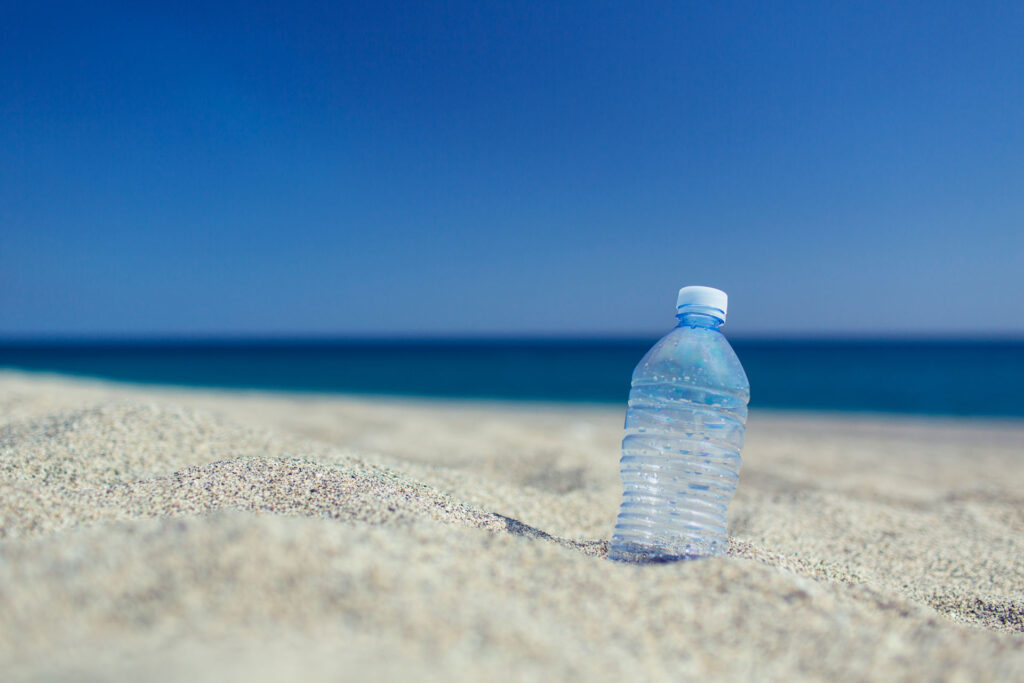
An unspoilt beach like Oliva Nova invites you to enjoy it with respect and not to change its natural essence. It not necessary to provide specific behaviour guidelines as we all know them, but they must be recalled. Bearing in mind that 80% of the pollution of the seas is caused by human actions, there is a range of desirable behaviours which help to keep our beaches clean. Like the butterfly-effect, apart from all the pollution coming from drains and boats, any action that is done from the beach means contribution.
Do not forget about being respectful of the environment. Do not pick the flowers you like to bring them home nor disturb fishes while diving or snorkelling. Special mention should also be made of butts and ashes. Do not leave them in the sand, not even in water. Try to keep them in non-flammable storage and throw them away in a proper container when you leave the beach.
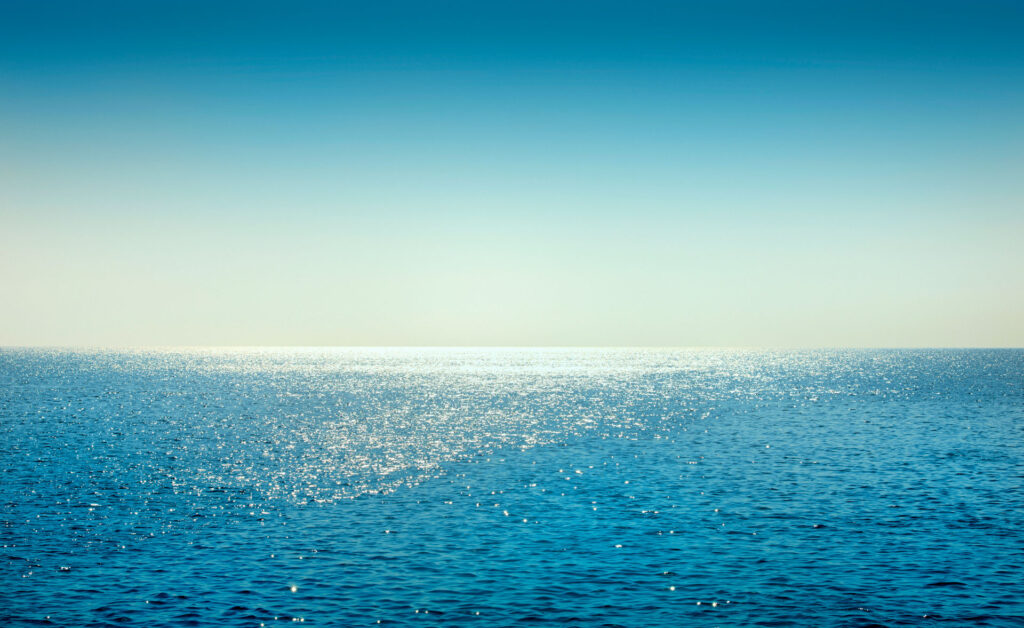
One of the most important problems is the amount of plastic in the oceans. You already know about it, but it is worth insisting. Do not leave plastics in the sand or in water. Throw everything away into the dustbin. According to the United Nations, 8 million tonnes of plastic rubbish are dumped in our oceans every year. This wreaks havoc on wildlife. Be careful with plastic straws, they take up to 1.000 years to decompose despite their tiny size. These plastic items end up in the water and the marine species ingest them. As a matter of fact, a plastic bottle takes from 150 to 500 years to decompose, depending on whether it is weathering or buried.
It is important to bear in mind how long the rubbish we often leave on a beach “by mistake” takes to decompose. The word biodegradable is easy to define: all those materials capable of decaying through the action of living organisms such as plants, animals, microorganisms and fungus. Not all materials are biodegradable, though. This second group is known as recalcitrant substances. Most of the products in our homes are made with biodegradable materials but, on the other hand, the degradation time depends on their composition.
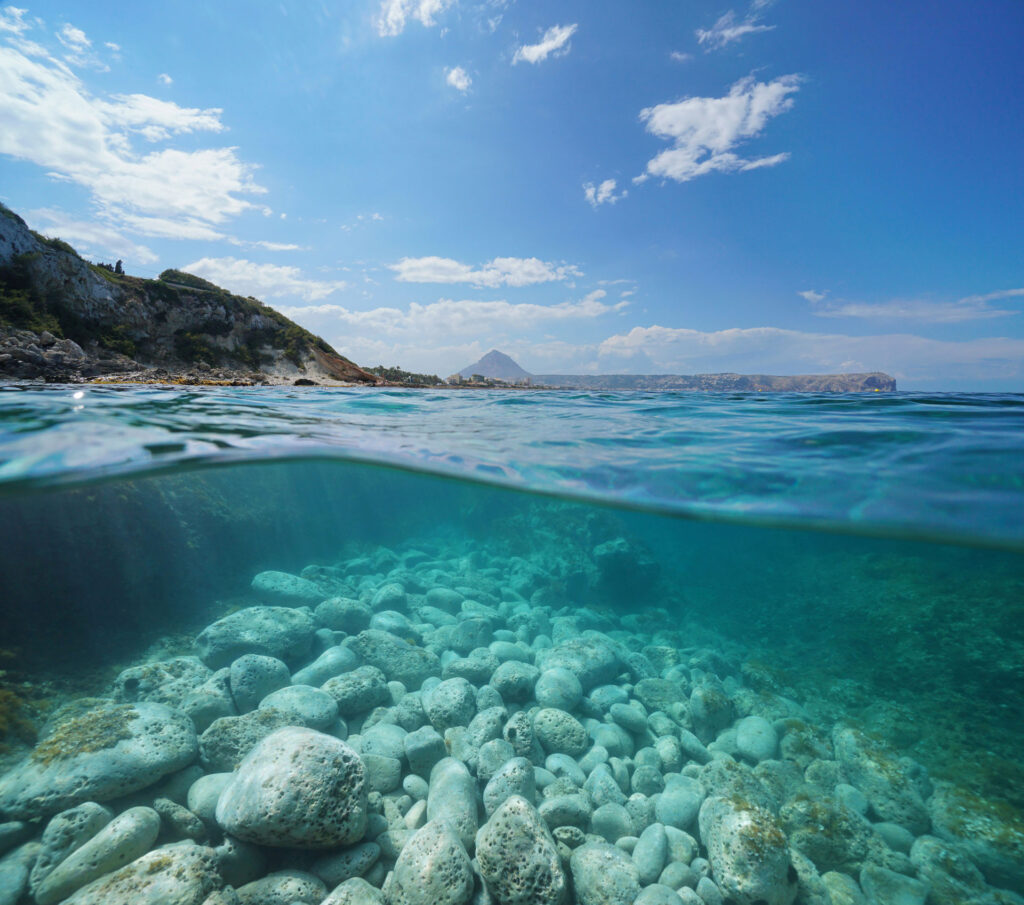
HOW LONG DOES IT TAKE TO DECOMPOSE?
Here you have some rough figures about the degradation periods of our rubbish and waste:
- ORGANIC WASTE: 4 WEEKS
Organic waste and residues only take 4 weeks to decompose. In addition, they can be used as fertiliser for many kinds of plants.
- PAPER AND CARDBOARD: 1 YEAR
As it is mainly cellulose based, it takes short time to decompose. Besides, biodegradation is accelerated if it’s left on the surface or in a rainy environment.
- A CAN OF SOFT DRINK: 10 YEARS
This is the period nature takes to turn aluminium into iron oxide.
- PLASTIC: 150 TO 1.000 YEARS
Plastics bags take longer than a century to completely decompose, as they are made of low-density polyethene. There are alternatives to them nowadays, such as bags made of potato starch. However, plastic bottles may take up to 1.000 years to decompose if they remain in the ground; degradation is much “shorter” if they remain in the sea: about 100 years.
- GLASS: UP TO 4.000 YEARS
It is really difficult that soil microorganisms can decompose glass, no matter the size or the shape: bottles, cups, eyeglasses, etc.
